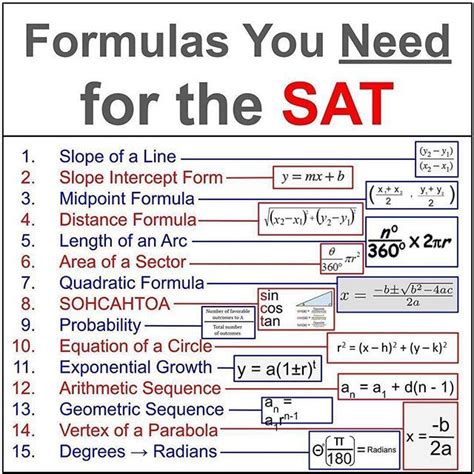The SAT is a standardized test widely used for college admissions in the United States. It assesses critical reading, writing, and mathematics skills. Many students wonder whether the SAT math section requires proofs, a common component in mathematics courses. This article will delve into the answer, exploring the structure of the SAT math section and analyzing whether proofs are a necessary component.

The Structure of the SAT Math Section
The SAT math section consists of two parts:
-
Math Test – Calculator: This section permits the use of calculators and contains 38 questions to be completed in 70 minutes. The questions cover a range of topics, including algebra, geometry, trigonometry, and data analysis.
-
Math Test – No Calculator: This section prohibits the use of calculators and contains 20 questions to be completed in 25 minutes. The questions focus on fundamental algebraic and geometric concepts, such as solving equations, interpreting graphs, and applying basic geometric principles.
Do Proofs Appear on the SAT Math Section?
The SAT math section does not explicitly require proofs in the traditional sense of mathematical proofs. Unlike in mathematics courses, where students are expected to demonstrate their reasoning and justify their solutions step-by-step, the SAT math section emphasizes quick and efficient problem-solving.
Why Proofs Are Not Essential on the SAT
There are several reasons why proofs are not a significant part of the SAT math section:
-
Time Constraints: The SAT math section has strict time limits, making it impractical to incorporate proofs that require extensive and detailed reasoning.
-
Focus on Problem-Solving: The SAT math section aims to assess students’ problem-solving abilities under time pressure. Proofs, while valuable in mathematical learning, can be time-consuming and may not be the most effective way to evaluate problem-solving skills within the SAT’s time constraints.
-
Limited Scope: The SAT math section covers a broad range of topics, and including proofs would limit the number of questions that could be included.
Alternative Assessment Methods
The SAT math section employs alternative assessment methods to evaluate students’ mathematical abilities without requiring proofs. These methods include:
-
Multiple-Choice Questions: The majority of questions in the SAT math section are multiple-choice, allowing students to select the correct answer from a set of options. This format provides a quick and efficient way to assess understanding and problem-solving skills.
-
Grid-Ins: Some questions require students to write their answers in a grid. While these questions may require some justification, they do not involve the same level of detailed proof as in mathematical proofs.
Conclusion
The SAT math section does not require proofs in the traditional sense. Instead, it focuses on assessing problem-solving skills under time pressure. Multiple-choice questions and grid-ins are the primary assessment methods used. While proofs are an important component of mathematics education, they are not a necessary part of the SAT math section given its structure and time constraints.
Frequently Asked Questions
Q: Why don’t proofs appear on the SAT math section?
A: Proofs require extensive reasoning and justification, which is impractical within the SAT’s time constraints and focus on problem-solving skills.
Q: What are the assessment methods used in the SAT math section instead of proofs?
A: Multiple-choice questions and grid-ins are used to assess understanding and problem-solving skills quickly and efficiently.
Q: Is it still important to practice proofs for mathematics education?
A: Yes, proofs are essential for developing critical thinking, logical reasoning, and mathematical rigor, which are valuable skills in mathematics and beyond.
Q: How can I prepare for the SAT math section without proofs?
A: Focus on understanding concepts, mastering problem-solving techniques, and practicing multiple-choice and grid-in questions.
